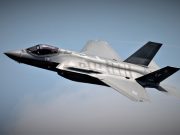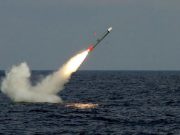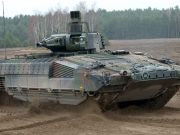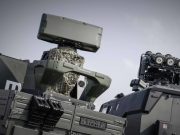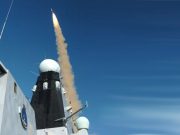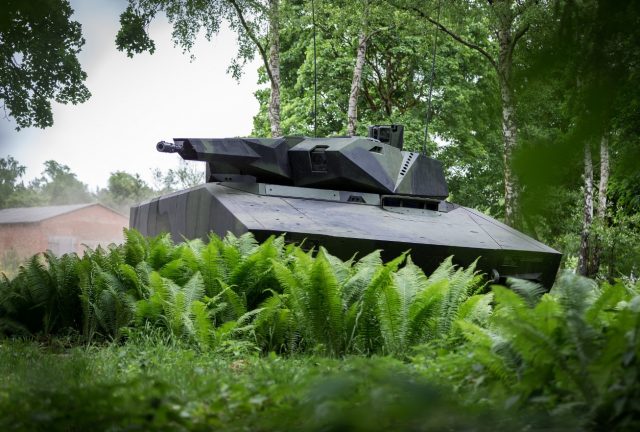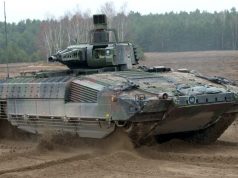Hungary has ordered 218 Lynx infantry fighting vehicles from German defense contrcator Rheinmetall under a contract worth over 2 billion euros.
Hungary is the first NATO and EU member nation to order Rheinmetall’s newly developed Lynx infantry fighting vehicle. The contract follows an earlier agreement under which the IFV will be locally built in Hungary.
The contractual agreement, which has now been signed in Budapest, encompasses 218 Lynx KF41 infantry fighting vehicles and nine Buffalo armored recovery vehicles. The contract includes additional products and services such as simulators, training and instruction, plus an initial supply of spare parts as well as maintenance support.
The Lynx IFVs will be equipped with a manned 30mm Lance turret, likewise developed by Rheinmetall.
During a first phase of production, Hungary is to receive forty-six Lynx infantry fighting vehicles as well as nine Buffalo armoured recovery vehicles, all built in Germany; delivery is to be complete by the start of 2023.
In the second production phase, an additional 172 Lynx vehicles built in Hungary. According to Rheinmetall, the production facility in Hungary will be co-financed by a local company. Rheinmetall will hold a majority stake and take the lead in the joint venture company. The resulting center of excellence for the development, production and maintenance of armored vehicles will create an important nucleus for the Hungarian defense industry.
Lynx IFV concept
The Lynx concept embraces a complete vehicle family, consisting of a chassis module and flexible mission kits in numerous variants. This means that the basic vehicle can be configured as an infantry fighting vehicle, an armored personnel carrier, a command vehicle or field ambulance. Rheinmetall says the uniformity of the basic vehicle contributes to lower lifecycle costs.
The Lynx shields its occupants from the full spectrum of battlefield threats, including explosions, improvised explosive devices (IEDs), direct and indirect fire, cluster munitions and antitank guided missiles.




